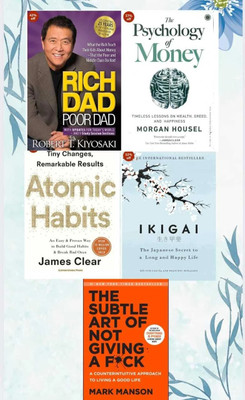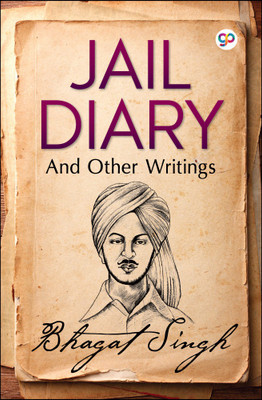
Fateful Triangle (English, Paperback, Madan Tanvi)
Share
Fateful Triangle (English, Paperback, Madan Tanvi)
4.6
18 Ratings & 2 Reviews₹386
₹499
22% off
Available offers
T&C
T&C
T&C
T&C
Delivery
Check
Enter pincode
Delivery by16 Dec, Tuesday
?
if ordered before 3:59 AM
View Details
Highlights
- Language: English
- Binding: Paperback
- Publisher: Penguin Random House India
- Genre: Literary Collections
- ISBN: 9780143457039, 0143457039
- Pages: 400
Services
- Cash on Delivery available?
Seller
Description
A key question today is whether India and the United States can or should develop ever-closer ties as a way of countering China's desire to be the dominant power in the broader Asian region. In Fateful Triangle, Tanvi Madan argues that history shows that such a partnership is neither inevitable nor impossible. Drawing on documents from India and the US, Fateful Triangle contends that China's influence on the US-India relationship is not a recent phenomenon. It demonstrates that US and Indian perceptions of and their policies towards China shaped US-India relations in three crucial decades, from 1949 to 1979, in significant and complex ways. Fateful Triangle updates our understanding of the diplomatic history of US-India relations, highlighting China's central role in it, reassesses the origins and practice of Indian foreign policy and non-alignment, and provides historical context to the interactions between the three countries.
Read More
Specifications
Book Details
| Imprint |
|
Contributors
| Author Info |
|
Dimensions
| Width |
|
| Height |
|
| Length |
|
Ratings & Reviews
4.6
★
18 Ratings &
2 Reviews
- 5★
- 4★
- 3★
- 2★
- 1★
- 11
- 7
- 0
- 0
- 0
4
Pretty good
This is a very conflicting book from the perspective of a reader. This book goes into extreme details explaining the situations and the circumstances resulting into and eminating from the Cold War and the relationship between China, India and USA and how these countries impacted each other in their modern history.
The only issue that I have with the book is the way it has been written. It has been thoroughly researched, but written in a mildly drab language, which is why the book is not abl...
READ MOREThe only issue that I have with the book is the way it has been written. It has been thoroughly researched, but written in a mildly drab language, which is why the book is not abl...
Mitadru Banerjee Chowdhury
Certified Buyer, Bidhan Nagar
Jul, 2020
3
1
Report Abuse
5
Terrific purchase
An unputdownable book.. great insights, in depth analysis.. espouses deep thoughts and argumentation.
READ MOREAyush Kumar
Certified Buyer, Kolkata
Jul, 2021
1
0
Report Abuse
Be the first to ask about this product
Safe and Secure Payments.Easy returns.100% Authentic products.
Back to top




